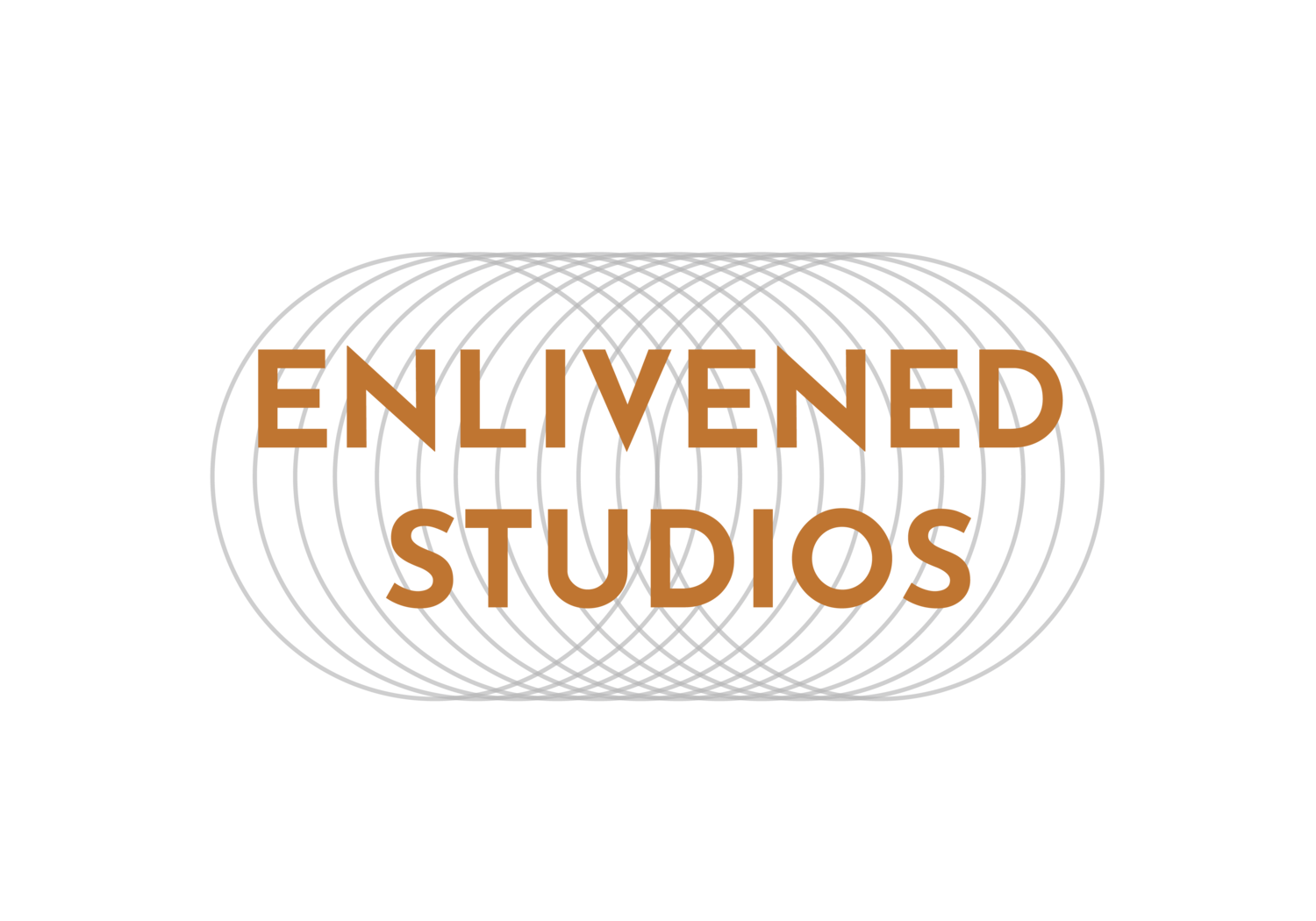Practices for an Improv Mindset
"Make your partner look good."
"Play the scene you're in."
"See the offers as gifts."
What do all of thee sentiments have in common? They are guidelines for practicing an improv mindset.
The most popular tenet of improv is "Yes, and...". And for good reason. "Yes, and..." is a practice in open mindedness, curiosity, humility, interdependence, intentional listening, divergent problem solving, engagement... (Need I got on?)
But these others are lesser known. And equally as powerful and genius-inducing.
Let's break them down a bit.
Make your partner look good.
Let's face it. We live in an individualistic culture, and sometimes even the most humble of us forget to step gracefully out of the spotlight to invite other voices, views or ideas into the conversation.
And aren't we in desperate need of those other voices and views? Might spotlighting our peers or community members deepen perspective and incite new and different ideas?
In an improv scene, one way actors are invited to 'make (their) partner look good' is by graciously and enthusiastically receiving each others ideas. Another way is to celebrate mistakes and build on those mistakes to progress the story.
Making your partner look good is one of the highest form of humility, creativity and generosity -- and is of service to the ensemble and to the entire performance.
What situations can you think of to make your partner look good? Might there be an opportunity in your weekly meeting or during a client call with your team? What about at home or in your community? How might you spotlight people in your life, by practicing this skill?
Play the scene you're in.
We are all performers, whether the 'stage' is a boardroom, a classroom or a locker room. We play roles depending on a hundred different influences -- relational or circumstantial; persuaded by status, power, mindset; characterized through beliefs, biases and experience.
Always performing. Totally unscripted.
And sometimes we struggle to be here, now. In this scene. No matter how challenging or invigorating it may be. Most of us lack the presence this moment needs, right now. FOMO overtakes us, or fear propels us to flee and avoid.
But what if we play the scene we're in right now, and explore what it has to offer? What might happen if we give our 'scene partners' (manages, partners, teammates) the focus they deserve; lean into our shared and unfolding story, with curiosity and awareness?
In improv, actors create on stage in front of live audiences -- and the only thing they have is the moment they're in. These character attributions. These stories. This one scene, right now. A tight grip on how things 'should' be or worrying about what's coming next doesn't serve them at all. In fact, doing so could very well destroy the performance altogether.
How might you practice playing the scene you're in at work and through your life? How might you encourage others to do the same?
See the offers as gifts.
This one comes up all the time in my work with corporate teams and coaching clients, alike.
The idea is this: Offers are everywhere. They are nonverbal and verbal cues. They are the weather, your emotional state, an unexpected outcome, the stories we tell, the stories we hide.
All are offers.
So often though, we don't see them because we're not present to the moment; distracted or pushed into the future out of anxiety or anticipation.
But when we lean into offers with curiosity and a growth mindset -- that's when everything shifts. That's when learning happens; self awareness. Transformation.
In an improv scene, an 'offer' is everything made available to the actors. It might be a character endowment or some detail around objective, location, relationship or physicality. It may also be a pantomimed object shared by the players. Or even utter silence on stage.
Magic comes when we see offers as gifts, because they are everywhere. And who knows what plot might unfold if we get a little curious about what's here?
Your homework: See the offers as gifts. How might you "Yes, and..." offers you encounter in your own life? What happens when you engage with them? Can you feel the shift?
Improv is "a highly refined system of observing, connecting and responding with other people"
This definition came from Patrick Short and Jill Bernard in their book, Jill & Patrick's Small Book of Improv for Business, and I just love it. Because the application off stage -- in community, business, relationship, school, activism -- is boundless and inclusive. And a 'highly refined system', upheld by tenets like the ones we've explored above.
These tenets...and so many more.
Many of which are found in my Aliveness Scaffolding, a set of nine communication skills rooted in the application of improv in business and life.
Now you. How might you practice these skills?
Go ahead. Try them on! Play! Make mistakes! And then come back around to share with the rest of us how it felt.
In fact, shoot me an email to let me know! shannon@enlivenedstudios.com.
I can't wait to hear from you.
